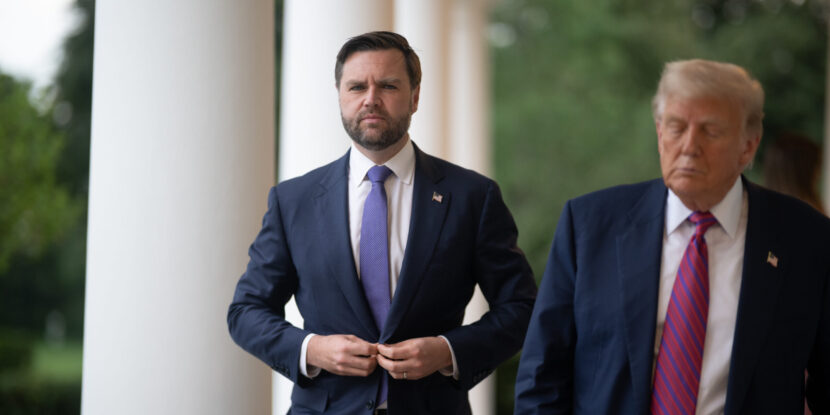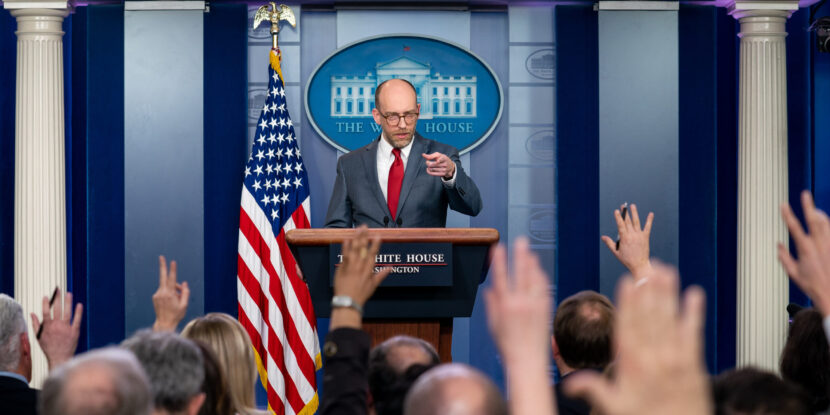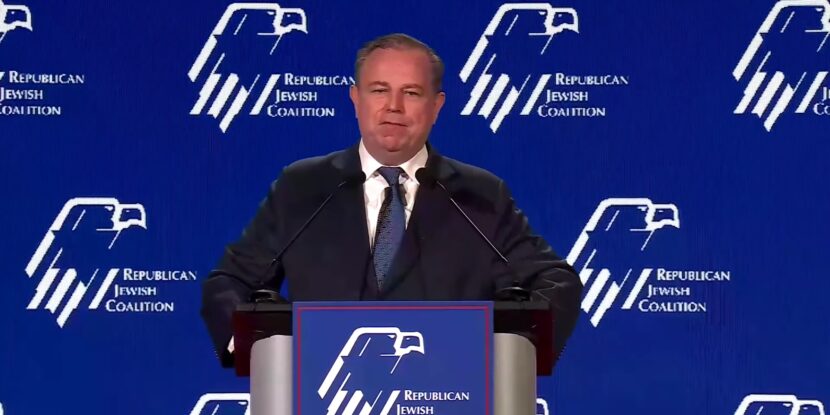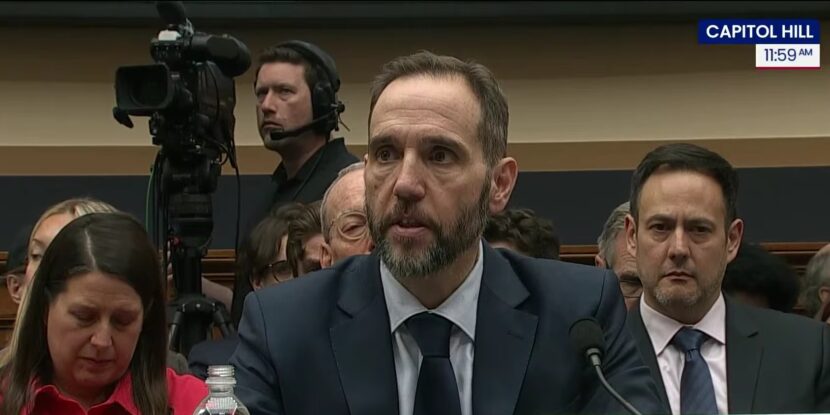A coalition of seasoned military contractors, spearheaded by former Blackwater CEO Erik Prince and ex-Blackwater COO Bill Mathews, has presented the Trump White House with a plan to deliver mass deportations. The proposal, outlined in a comprehensive 26-page document delivered to President Donald J. Trump’s team before his inauguration, promises to deport 12 million illegal aliens by the 2026 midterms using “processing camps” on military bases, a fleet of 100 private planes, and a citizen-led “small army” empowered to apprehend violators, at a projected cost of $25 billion.
The plan, seen by POLITICO and marked “unsolicited,” says deporting 12 million people within two years “would require the government to eject nearly 500,000 illegal aliens per month,” necessitating a “600 percent increase in activity.”
Recognizing the federal government’s limitations, the group argues, “It is unlikely that the government could swell its internal ranks to keep pace with this demand … in order to process this enormous number of deportations, the government should enlist outside assistance.”
Prince, a longtime Trump ally, leads the effort alongside Mathews and a team of former immigration officials under the banner of a new entity, 2USV. Despite an initial surge in arrests following President Trump’s return to office, the pace has tapered, highlighting the urgent need for additional manpower and detention capacity. The contractors’ proposal fills this gap, offering a privatized force of 10,000 deputized citizens—veterans, retired law enforcement, and former ICE agents—ready to act under the command of Border Czar Tom Homan.
Top White House officials are actively engaging with military contractors as Capitol Hill Republicans push for more funding to support Trump’s immigration crackdown. War Room host Stephen K. Bannon, a key figure in Trump’s first administration, who is aware of the plan, praised its ambitious scope: “People want this stood up quickly, and understand the government is always very slow to do things. It’s smart to start bidding out right now and get a feel for what else outside companies, contractors can do.”
The plan’s scope is massive: a fleet of 49 readily available planes, expandable to 100, would transport deportees, while temporary camps on U.S. Army bases could be erected in under a week. “The management team of 2USV includes individuals and companies that specialize in erecting temporary housing facilities,” the document states, citing prior success with Afghan refugee camps and U.S. Customs and Border Protection projects. A legal framework to streamline deportations includes mass hearings conducted by 2,000 attorneys and paralegals, ensuring rapid processing while maintaining order.
White House spokesman Kush Desai says the administration “remains aligned on and committed to a whole-of-government approach to securing our borders, mass deporting criminal illegal migrants, and enforcing our immigration laws.” While the proposal’s fate remains uncertain—it’s been circulating among Trump allies since December—Desai was non-commital on it, saying, “White House officials receive numerous unsolicited proposals from various private sector players, [but] it is ultimately up to the agencies responsible for carrying out the President’s agenda to consider and sign contracts to advance their mission.”
Prince and Mathews frame their bid as an economic and national security imperative, echoing Trump’s rhetoric: “In order to save the U.S. economy, the nation has to eject as many of these illegal aliens as quickly as possible,” they declare, pointing to burdens on welfare, education, and public safety.





















